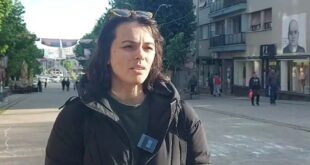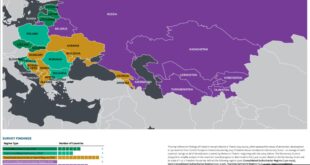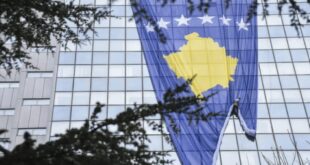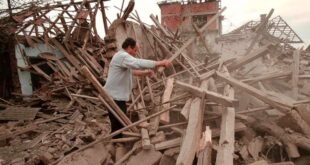The Programme for International Student Assessment, PISA testing started Tuesday in 170 schools in Serbia. In the next six weeks 6,500 students will be tested.
PISA is a triennial worldwide test of 15-year-old school children’s scholastic performance, the implementation of which is coordinated by the Organisation for Economic Co-operation and Development, OECD.
In 2006, children from Serbia scored badly on the PISA test, ranking 41st out of 57 countries, and in 2003, they ranked 37th out of 41 countries. This year 68 countries are participating in the testing.
The Minister of Education, Zarko Obradovic, told to Radi-Television of Serbia he hopes students will have better results this time.
The point of PISA is to test children’s practical use of their school knowledge. Examples of the questions Serbian students faced in previous PISA tests include: For which diseases do we have vaccinations? What causes acid rain? What happens to our muscles while we’re exercising?
Dragica Pavlovic Babic from the Institute for Psychology, which organises testing in Serbia, told Tanjug Agency that she does not expect the results to improve.
„Our educational system has not been changed, nothing new happened. If we compare the results in 2003 with those in 2006, we can see that it hasn’t been any better, and in some areas results became even worse,“ Babic said.
Srbijanka Turajlic from the UN Educational, Scientific and Cultural Organisation, UNESCO`s Centre of Educational Policy, told Tanjug that good results on PISA tests are necessary if Serbia wants to be competitive in many fields. She noted that previous ministers of education had largely ignored the poor results of Serbian students.
However, the current administration in the Ministry of Education organised an international PISA conference in February and published the miscellanies with questions from previous tests. Minister Obradovic said he thinks that those miscellanies helped alleviate students’ fear of the test.
„We have some plans together with the National Educational Council and, if we realise everything we planned, we can expect better results in 2012, when the next test will be held,“ Obradovic said.
The results of the 2009 PISA test will be published in December 2010.
 Eurasia Press & News
Eurasia Press & News



